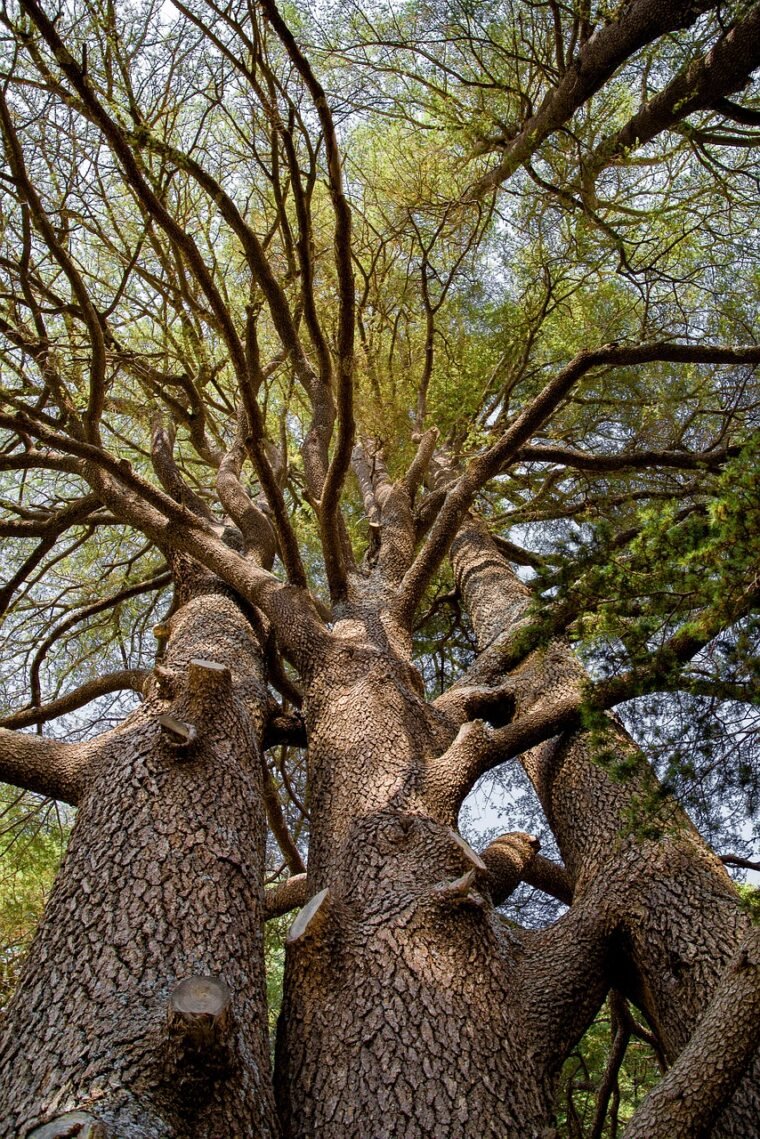Introduction
Welcome to Lebanon, a captivating country nestled in the heart of the Middle East. Known for its rich history, breathtaking landscapes, and warm hospitality, Lebanon offers a unique blend of ancient traditions and modern charm. Whether you’re planning a visit, considering a move, or interested in doing business here, this guide will provide you with all the essential information you need to make the most of your experience.
Location and Surface Area
Lebanon is located on the eastern shore of the Mediterranean Sea. It is bordered by Syria to the north and east, and Israel to the south. With a total land area of approximately 10,452 square kilometers, Lebanon may be small in size, but it is packed with diverse landscapes, including stunning mountains, fertile valleys, and pristine coastline.
Climate
Lebanon experiences a Mediterranean climate, characterized by hot, dry summers and cool, wet winters. The coastal areas enjoy mild temperatures, while the mountainous regions offer cooler climates and even snow during the winter months. Spring and autumn are particularly pleasant, making them ideal seasons to explore the country.
Fauna and Flora
Lebanon is home to a remarkable variety of flora and fauna. From the majestic cedar trees of the Lebanon Mountains to the colorful wildflowers that adorn the countryside, nature lovers will be enchanted by the country’s natural beauty. Wildlife enthusiasts can spot a range of species, including mountain goats, gazelles, and various bird species.
Attractions
Lebanon boasts an abundance of attractions that cater to every interest. History buffs can explore ancient ruins such as Baalbek, Byblos, and Tyre, which showcase the country’s rich heritage. For those seeking relaxation, the pristine beaches of the Mediterranean coast offer sun, sand, and crystal-clear waters. Food lovers can indulge in Lebanon’s renowned cuisine, which combines Middle Eastern flavors with a unique twist.
Population
Lebanon has a diverse population of approximately 6 million people. The country is known for its cultural and religious diversity, with a mix of Muslims, Christians, and other religious groups living harmoniously together. The Lebanese people are renowned for their warm hospitality and welcoming nature, ensuring that visitors feel right at home.
Currency
The official currency of Lebanon is the Lebanese Pound (LBP). It is advisable to carry some local currency for small purchases, although major credit cards are widely accepted in hotels, restaurants, and larger establishments. ATMs can be found throughout the country, making it convenient to withdraw cash when needed.
Visa
Visitors to Lebanon may require a visa, depending on their nationality. It is recommended to check with the nearest Lebanese embassy or consulate for up-to-date visa requirements. In some cases, visas can be obtained upon arrival at the airport or border crossing. Ensure that your passport is valid for at least six months beyond your planned departure date.
Official Languages
The official languages of Lebanon are Arabic and French, reflecting the country’s historical ties with both the Arab world and France. English is also widely spoken, particularly in tourist areas and business settings. You will find that most signs, menus, and information boards are available in multiple languages, making it easier for visitors to navigate and communicate.
Culture and Customs
Lebanon’s culture is a vibrant tapestry woven from various influences, including Arab, Mediterranean, and Western traditions. The Lebanese people take great pride in their cultural heritage, which is reflected in their music, dance, art, and cuisine. Respect for elders, warm greetings, and generosity are deeply ingrained in Lebanese customs, creating a welcoming and inclusive atmosphere.
Hospitality
Lebanese hospitality is legendary, and visitors can expect to be treated with warmth and generosity. Whether you’re invited into a Lebanese home or dining at a local restaurant, you will be greeted with open arms and offered a feast of delicious food and drinks. Lebanese people are known for their love of socializing, so don’t be surprised if you find yourself engaged in lively conversations and making new friends.
Main Cities
Lebanon’s main cities offer a blend of modernity and history. Beirut, the capital city, is a bustling metropolis renowned for its vibrant nightlife, shopping districts, and cultural attractions. Other notable cities include Tripoli, known for its ancient souks and historic sites, and Byblos, one of the oldest continuously inhabited cities in the world.
Airports and Airlines
Lebanon is served by several international airports, with Beirut-Rafic Hariri International Airport being the main gateway. The airport offers connections to numerous destinations worldwide, making it convenient for travelers. Several major airlines operate flights to and from Lebanon, ensuring easy access for visitors from around the globe.
Conclusion
Lebanon is a captivating country that offers a wealth of experiences for visitors. From its breathtaking landscapes and rich history to its warm hospitality and vibrant culture, Lebanon has something to offer everyone. Whether you’re planning a short visit or considering a longer stay, this guide has provided you with the essential information to make your time in Lebanon truly memorable. Get ready to embark on an unforgettable journey filled with discovery, adventure, and the warm embrace of Lebanese hospitality.

